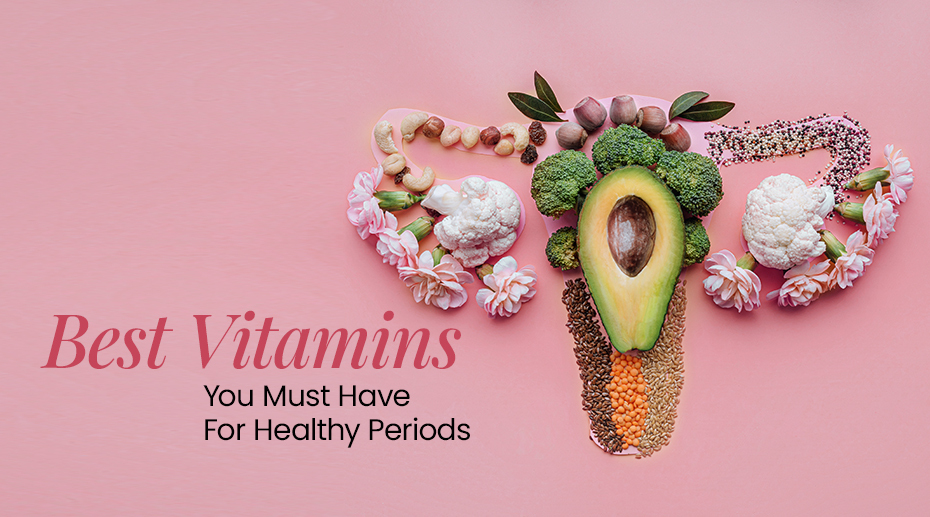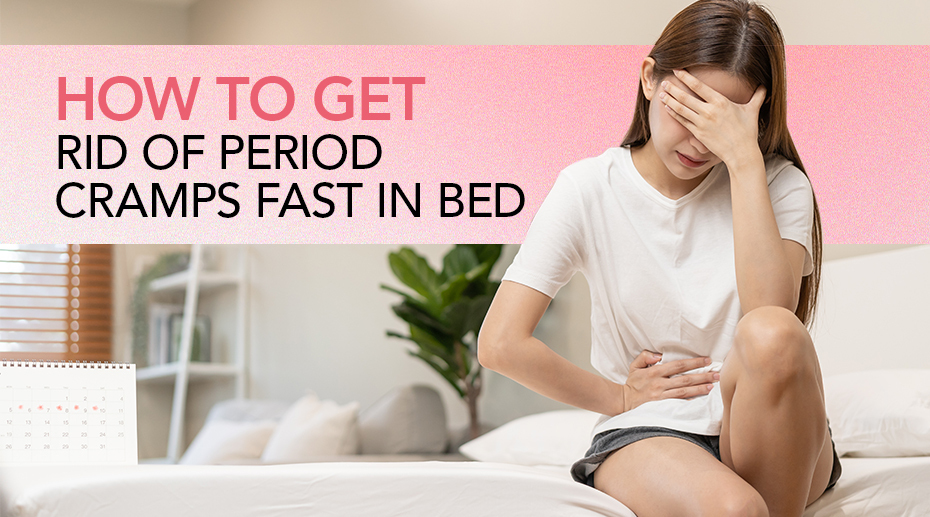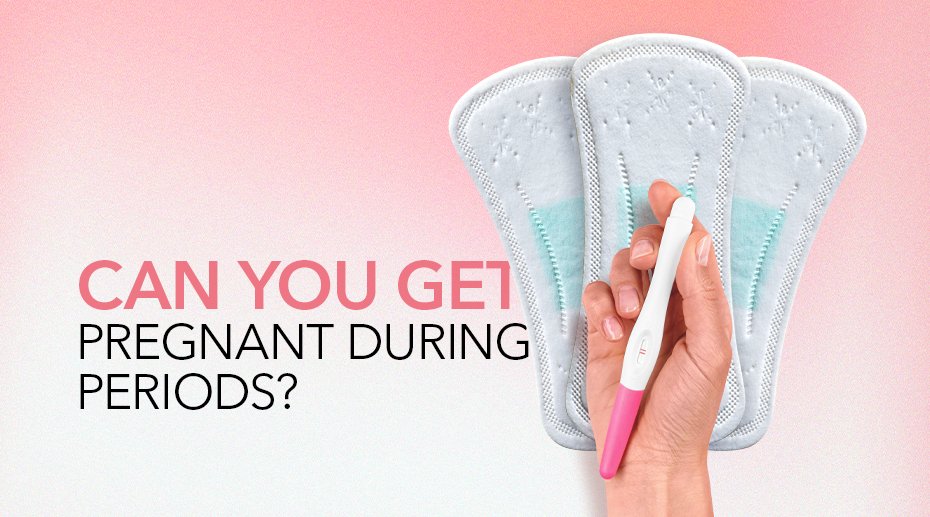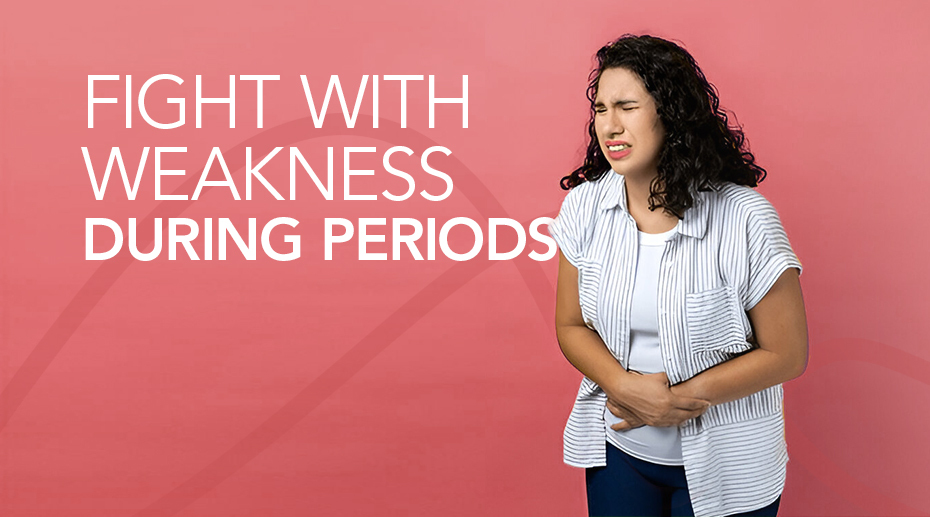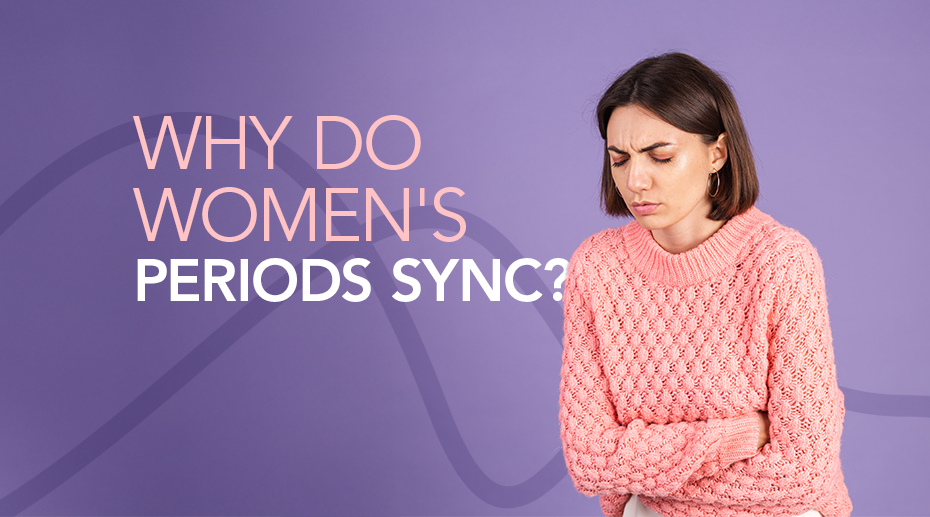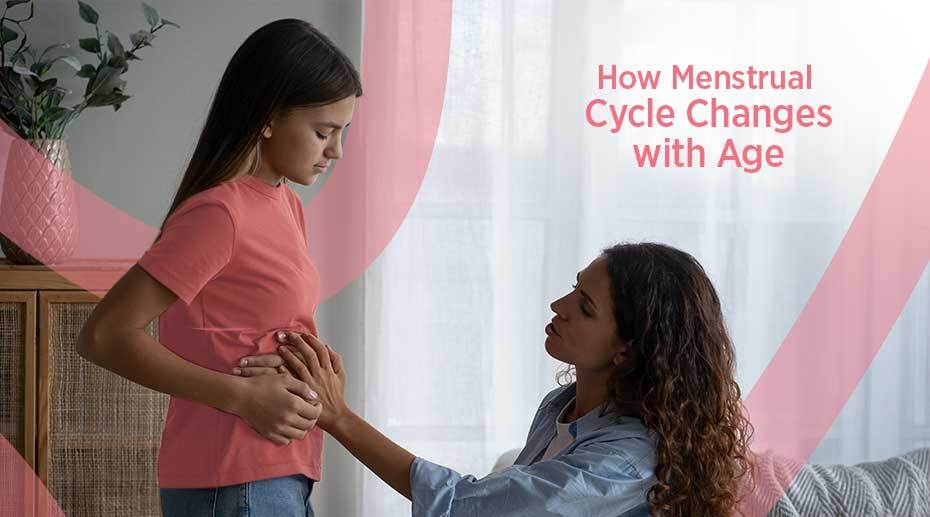
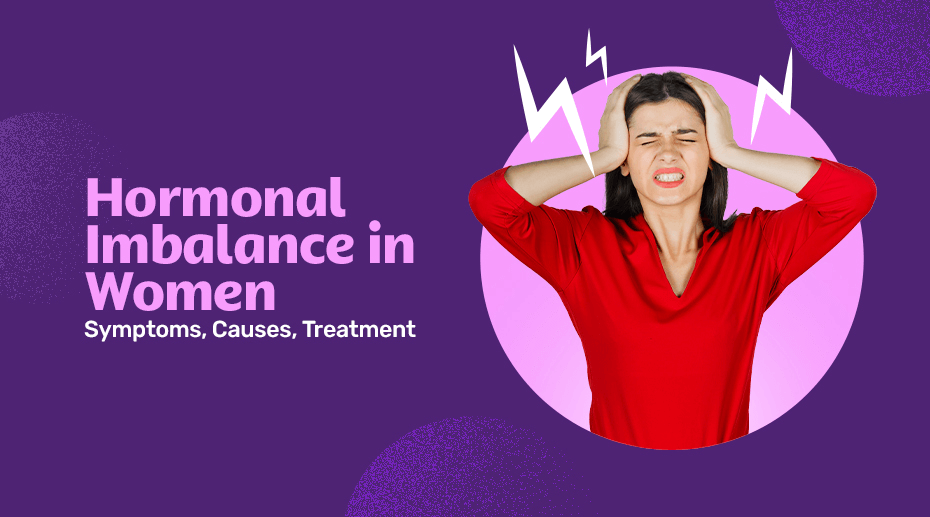
Understanding Hormonal Imbalance in Women
Anything that’s too little or too much can be not tolerable. The same case is with hormones. They are a chemical that is produced in the endocrine system and its imbalance which means too little or too much can cause you trouble. We cannot ignore them, they affect your body in many ways, in different phases of your life, and even with different age groups the psychology of hormonal imbalance differs.
There’s no doubt, but a slight change in your diet, appetite, mood, lifestyle, and stress can cause you hormonal imbalance. In today’s life, where women are like “wonder women” accomplishing their dreams and also playing a role at their home, the chance of hormones getting imbalanced is very common.
It is important to know the signs of hormonal imbalance, the main cause behind having hormonal imbalance, and how you can treat it. So without making you more curious about how hormonal imbalance in women takes place, how it affects your menstruation, and lastly how to treat them, this article will make all the things clear.
So, What is Hormonal Imbalance?
Hormonal imbalance occurs when the body’s hormones are out of whack. They’re like chemical messengers that control everything from metabolism to mood to sleep. Too much or too little of them, or problems with their signals, can mess up our bodies and cause all kinds of health problems.
Everyone has to go through hormonal imbalance at one point at least in their lives. However, the main reason is the malfunctioning of endocrine glands whose work is to store, produce, and release hormones into the blood. There are several medical conditions like diabetes, thyroid, tumors, cysts, cancer, etc. which can hinder the functioning of endocrine glands.
Other causes of hormonal imbalance can be due to:
- Stress
- Birth Control Pills
- Change in Diet
- Lack of Sleep
- Obesity or certain changes in your weight
- PCOS and PCOD
- Exposure to endocrine dysfunctioning activities like residing in a pollutant place, depression, etc can also lead to an imbalance in hormones.
During a woman’s lifespan, there are significant times when women become the victim of hormonal changes:
- puberty
- menstruation
- pregnancy, childbirth, and breastfeeding
- perimenopause, menopause, and postmenopause
Spotting Signs of Hormonal Imbalance in Women
The hormones are like a surprise that you never expected. You cannot identify them. However, in this article, we have tried to cover some significant signs that can help you identify imbalances in your hormones.
- Certain Weight Gain or Weight Loss
- Constipation and some other digestive issues
- Fatigue
- Hair Thinning
- Hot Flashes or Night Sweats
- Change in Libido
- Decreased Sex Drive
- Acne Breakouts
- Irregular periods
- Mood swings
- Constant irritability in your mood
- Feeling depressed and anxious for most of the time
- Muscle weakness and feeling low energy
Most of the time the symptoms of hormonal imbalance are not specific. It differs from person to person, hence the right option is to consult a doctor who can guide you in the right direction.
Treatment of Hormonal Imbalance
Treatment options for hormonal imbalance depend upon the causing agent. However, here is a list of some common treatments:
Hormonal Birth Control
A woman may go through irregular periods, severe menstrual cramps, heavy bleeding, PCOS, or endometriosis. Hormonal birth control methods such as birth control pills, patches, injections, or vaginal rings, contain synthetic hormones (estrogen and/or progestin) that help regulate the menstrual cycle and prevent ovulation. Not only do they help in managing and regulating periods to some extent but also help to manage PCOS symptoms.
Vaginal Estrogen
Due to an imbalance in hormones, you may experience painful sex or dry vaginal issues. Vaginal estrogen therapy uses estrogen creams, tablets, or rings that are inserted in your vagina to restore vaginal tissue health and improve sexual function. It even helps to alleviate vaginal dryness, itching, and pain caused due to hormonal imbalance at the time of menopause.
Anti-androgen medications
Androgen is a male sex hormone that is not only part of men, but each and every gender. This treatment blocks the effect of excess androgen that may cause acne, hair loss, hair thinning, or unwanted hair growth due to imbalanced hormones.
Assisted reproductive technology
If you are about to plan a baby then, this technology such as IVF or ovulation induction can be useful to address hormonal imbalances related to infertility or reproductive disorders.
Testosterone therapy
If you feel symptoms such as fatigue, low libido, muscle weakness, and mood changes associated with testosterone deficiency due to hormonal imbalance, then this treatment helps to administrate low testosterone level
Thyroid hormone therapy
Thyroid hormone therapy is used to treat hypothyroidism, a condition caused due to insufficient production of thyroid hormones by the thyroid gland. Thyroid hormone medications, such as levothyroxine, are prescribed to replace deficient thyroid hormones and restore normal thyroid function helping to attenuate symptoms such as fatigue, weight gain, cold intolerance, and mood changes caused due to hormone imbalance.
Eflornithine
You must have been experiencing abnormal facial hair growth which is known as hirsutism. Eflornithine helps in treating these unwanted hairs. Typically it is applied as a cream, it works by inhibiting an enzyme involved in hair follicle growth, slowing down hair growth, and reducing the appearance of facial hair.
These treatment options help to gain hormonal balance, lessen the symptoms, and cure the overall health of individuals who are affected due to hormonal imbalance. As said above, different causes have different treatments, looking at your symptoms and causes, the most relevant may get recommended by your hormonal therapist considering your medical history.
Natural Remedies for Hormonal Imbalance
Along With the treatments that we discussed above, you can also try to manage it with some natural remedies. You can take herbs and supplements, and consider taking a mindful diet that includes nutritious food. “What you take inside, is what you are outside”. Hence, follow a healthy diet and include fruits, nuts, seeds, and veggies in your diet. Try to keep meat and other non-vegetarian options away for some time. Limit caffeine and alcohol, take aromatherapy, use essential oils in your self-care routine, give abhyanga massage to your body, go for acupuncture, do yoga, exercise, and consider doing pranayama.
You can consider these remedies along with the treatments recommended by your doctor.
Hormonal Imbalance in Relation to Menstruation
Your menstrual cycle is regulated by a delicate interplay of hormones. And hormonal imbalance can significantly affect your menstruation. The menstrual cycle typically lasts about 28 days, although it can vary from person to person, and is orchestrated by fluctuations in hormone levels, primarily estrogen and progesterone. Hormonal imbalance can disrupt this process in various ways having irregular periods, heavy or light blood flow, severe PMS issues, and menstrual disorders such as amenorrhea (absence of menstruation), oligomenorrhea (infrequent menstruation), or menorrhagia (excessive menstrual bleeding). You may also suffer from extreme menstrual cramps.
Overall, we see hormonal imbalance not only affect your menstruation but your entire well-being. Consider going to a doctor without any hesitation, and keep your mental well-being as your foremost priority. If you have period cramps consider taking medications prescribed by a doctor or make use of period pain relief gadgets. If you feel other symptoms like fatigue, muscle weakness, etc. then take a small walk. In this hard life, your health must be your priority. With proper treatment and certain life changes, it can be treated if you are patient enough.
Answering More Questions Regarding Hormonal Imbalance
What happens when a woman’s hormones are unbalanced?
You may see symptoms like acne, certain changes in your weight, and, an irregular period cycle.
At what age do women’s hormones change?
When a woman is at the age of puberty, menstruation, pregnancy, childbirth, breastfeeding, perimenopause, menopause, and postmenopause may see changes in their hormonal levels.
How can I check my hormone balance?
You can go to your gyneac and share your symptoms and get a blood test to check for hormonal imbalance.



